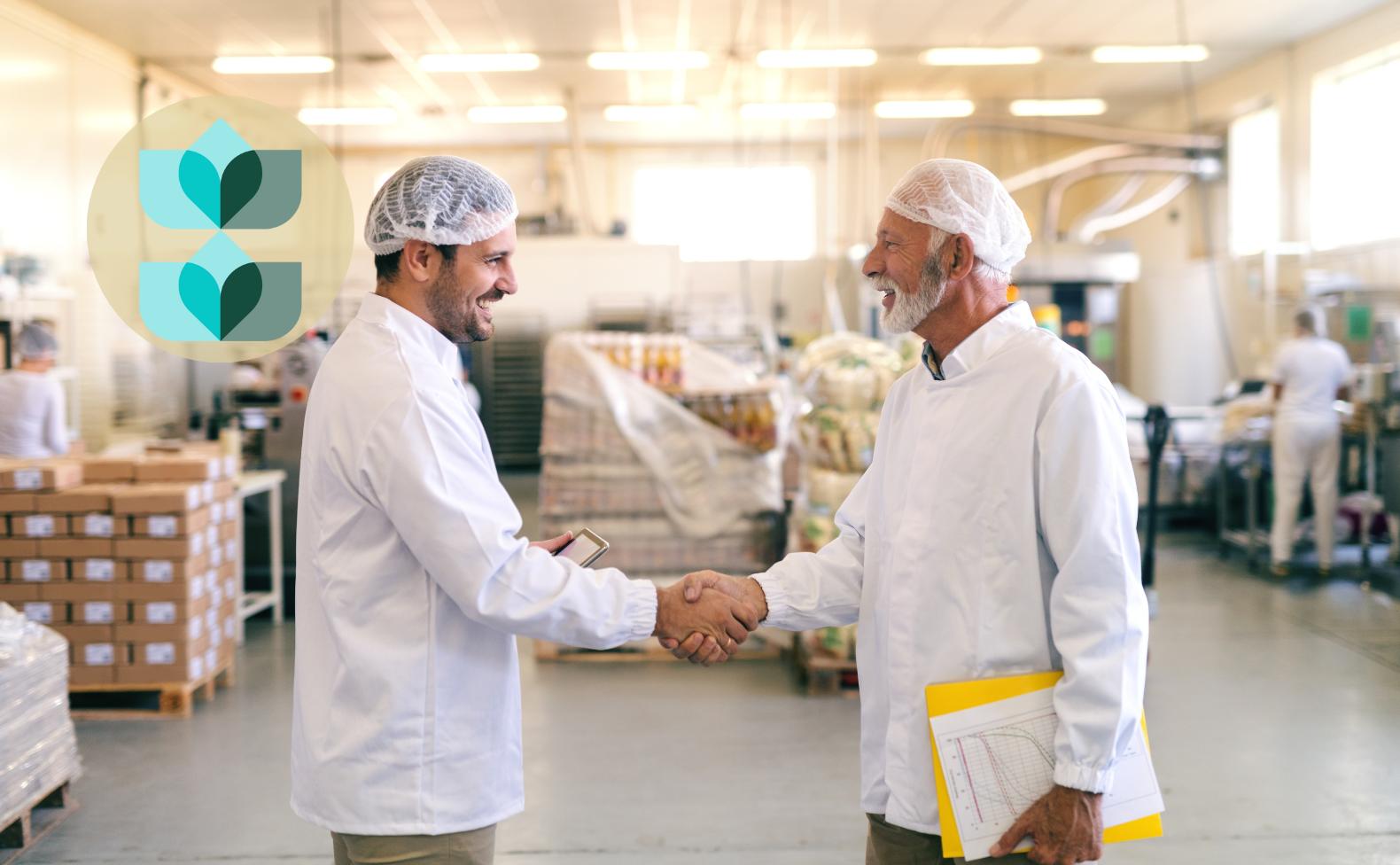In today's conscientious consumer landscape, the demand for fairly sourced as well as sustainable products has risen. Private label food manufacturers have actually emerged as trailblazers in this domain name, commonly teaming up with agreement food manufacturers to spearhead sustainability and also accountable sourcing initiatives. With a tenacious commitment to ecological ethics, private label brand names have actually made it their goal to supply sustainable, top notch alternatives to consumers.
Private Label Food Manufacturers
Over the last few years, private label food manufacturers, likewise referred to as own brand names or shop brands, have witnessed a remarkable surge in popularity. These makers produce items marketed under the logo of a retailer, grocer, or personal entity. What sets private-label products apart is their ability to use affordable pricing without jeopardizing on top quality.
Contract Food Manufacturers
Numerous private-label food suppliers sign up with pressures with contract manufacturers to develop their product. Agreement food makers are professionals in creating food for personal labels. This strategic partnership permits private label companies to take advantage of the know-how, resources, as well as specialized food manufacturing facilities of their partners.
Sustainability at the Core
Private label food manufacturers utilize various strategies to improve sustainability within their supply networks:
Moral Sourcing:

Exclusive label companies are progressively committed to sourcing ingredients according to moral and also reasonable trade criteria. This entails guaranteeing that producers as well as employees of raw materials, such as coffee beans, flavors, or cacao, receive fair settlement for their initiatives.
Regional Sourcing:
Focusing on regional sourcing of active ingredients is one more characteristic of private-label food manufacturers. This not only decreases the carbon footprint associated with transportation however also supports neighborhood farmers and communities.
Organic Contents:
With the organic food market growing, personal tags are reacting by incorporating natural active ingredients into their product. Organic farming practices focus on dirt health while shunning synthetic chemicals and also fertilizers.
Sustainable Seafood:
Private Label Food Manufacturers are persistent in ensuring that the seafood they make use of is sustainably collected, sticking to guidelines established by organizations like the Marine Stewardship Council, which promotes accountable fishing.
Decreased Food Waste:
Exclusive label companies are proactively servicing lowering food waste by applying efficient manufacturing procedures as well as developing items with longer life span. Some brands are additionally partnering with food rescue organizations to contribute surplus food to those in requirement.
Eco-Friendly Packaging and Initiatives
Sustainability efforts by private-label food manufacturers expand past sourcing ingredients to encompass product packaging as well as environmentally friendly efforts:
Sustainable Product packaging:

Exclusive label brand names have actually embraced eco-friendly packaging choices, including recyclable, naturally degradable, or compostable products. Redesigning product packaging to reduce excess product and also decrease environmental impact is a top priority.
Waste Decrease:
To decrease waste, private-label food manufacturers maximize item sizes, minimize excess packaging, and check out ingenious packaging options. Some brands also motivate consumers to take part in recycling programs.
Energy Effectiveness:
Lots of exclusive label producers are purchasing more energy-efficient manufacturing plants, reducing water use, as well as adopting renewable resource sources to better lower their ecological footprint.
Carbon Neutral Initiatives:
Some personal brand food manufacturers are taking enthusiastic actions to accomplish carbon neutrality by offsetting their greenhouse gas discharges via reforestation jobs and renewable resource debts.
Difficulties as well as the Roadway Ahead
In spite of the significant strides made in sustainability and liable sourcing, private-label food suppliers deal with challenges. Stabilizing sustainability with cost-effectiveness can be a delicate act, often calling for compromises on lasting active ingredients or the expedition of environmentally friendly choices.
However, the future of private-label food manufacturing holds great assurance. As customer recognition and need for lasting items continue to increase, private-label brand names and also their agreement food manufacturing partners are likely to increase their efforts. Partnership with providers and also investment in lasting technical advances and also openness will certainly be pivotal in shaping a lasting future for the sector.
Regularly Asked Questions
Q1: What are private label food manufacturers?
Private label food manufacturers create goods offered under the logo design of a store, grocer, or personal entity. They use competitively valued items without compromising on quality.
Q2: How do private label food manufacturers advertise sustainability?
Private label food manufacturers advertise sustainability via honest sourcing, regional component procurement, using organic active ingredients, sustainable seafood methods, and also efforts to decrease food waste.
Q3: What environment-friendly product packaging alternatives do exclusive label brands utilize?
Personal label brands take on environmentally friendly product packaging choices such as recyclable, naturally degradable, or compostable materials. They additionally upgrade product packaging to reduce excess product and also lower ecological effect.
Q4: What challenges do private label food manufacturers face in sustainability efforts?
Balancing sustainability with cost-effectiveness is a major obstacle for private label food manufacturers. This might call for compromises on lasting active ingredients or the expedition of green choices.
Conclusion
Private label food manufacturers go to the forefront of the sustainability as well as liable sourcing movement within the food sector. Their commitment to ethical sourcing, regional procurement, natural components, and also sustainable practices, as well as their commitment to eco-friendly packaging as well as waste reduction initiatives, demonstrate their resolution to satisfy the demands of today's eco-conscious consumers.
Despite the challenges they encounter, private label food manufacturers are poised for a promising future. With consumers increasingly prioritizing private label food manufacturers australia sustainability, the market is most likely to witness even better collaboration with providers, investment in sustainable modern technologies, and also a dedication to openness. As we move forward, private label food manufacturers will remain to play a vital role in shaping a much more sustainable and ethical food landscape for all.